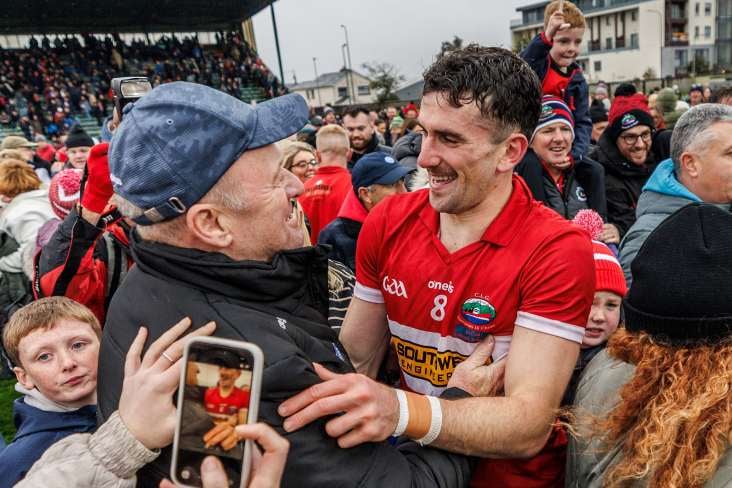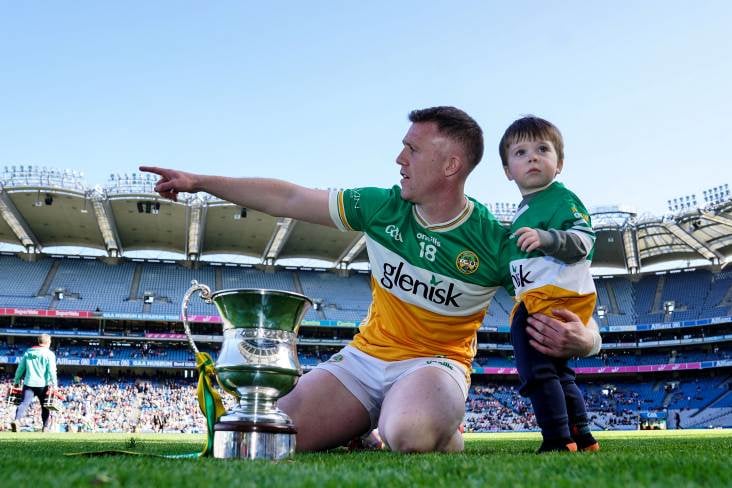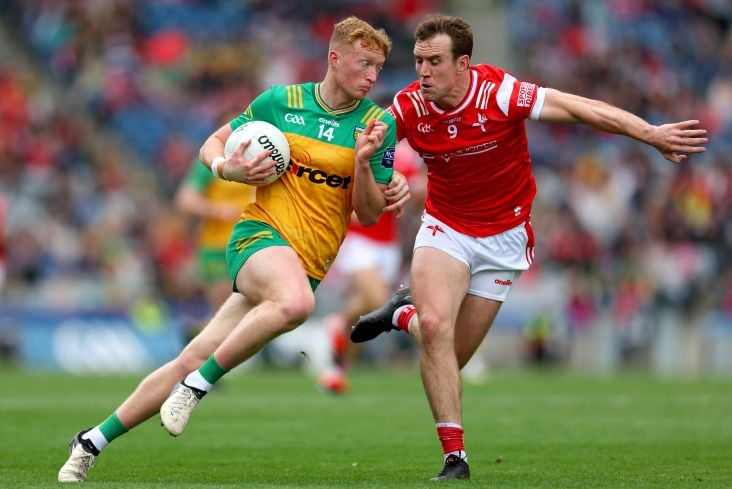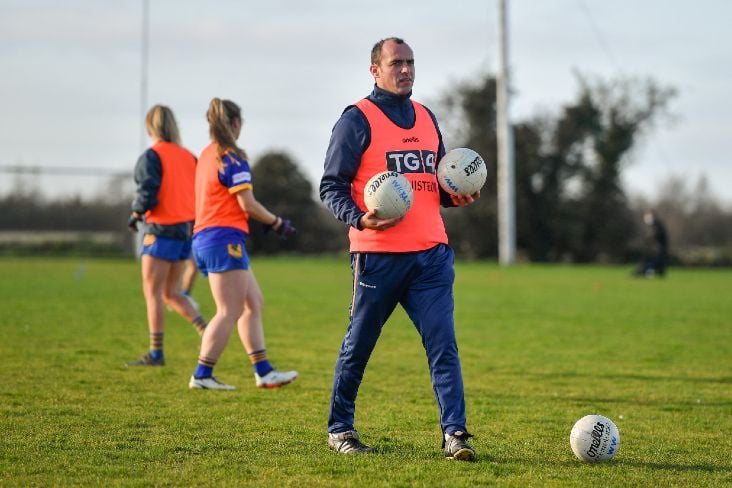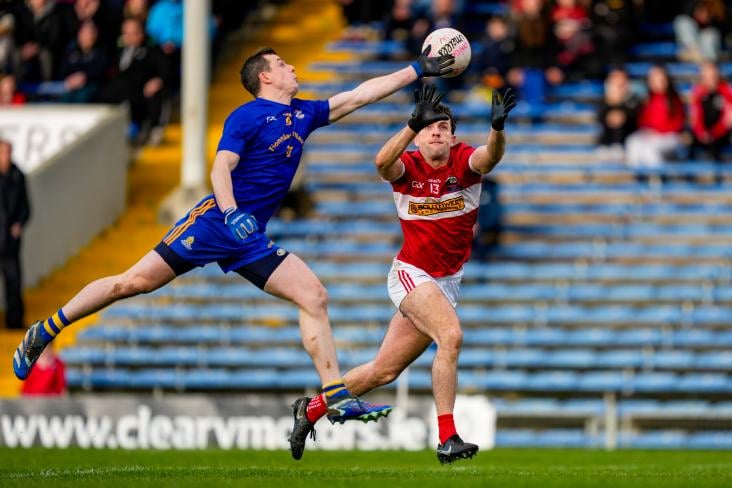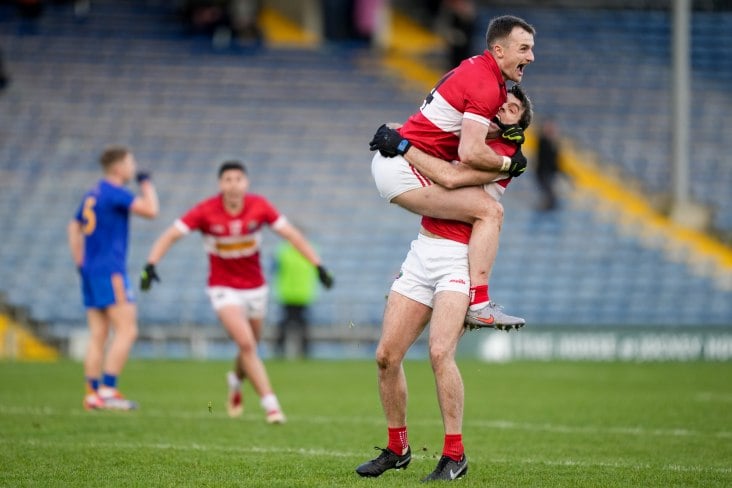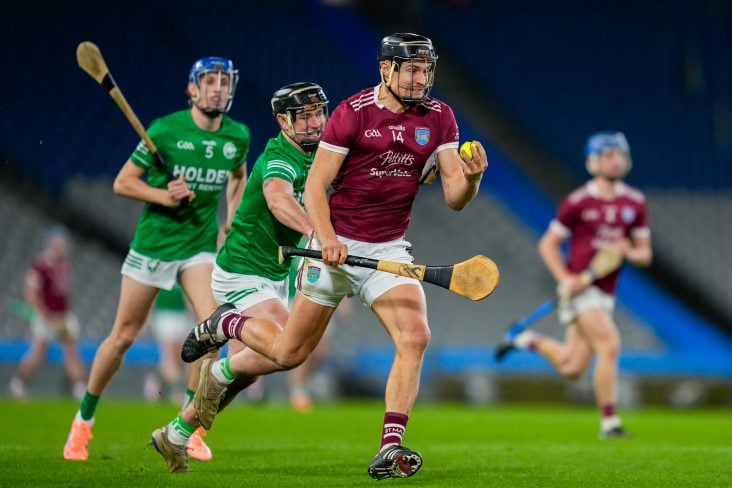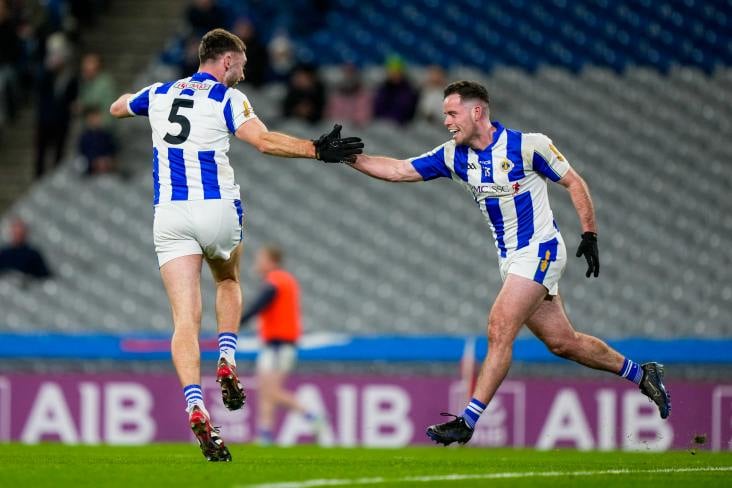Paddy's way
November 30, 2009Let's cut straight to the chase - what makes a good manager? What are the traits, characteristics and qualities needed to succeed in GAA management today? "One of the key things to my mind is the ability to communicate with and understand young players, not just in terms of their ability but also their own vision of things. With Kilmacud, we tended to concentrate on building up teammanship, but each individual also has to be looked after in a different way within the group.
"So how do you bring developed talent to its full potential? Talent alone won't win things. It's about getting lads to buy into something greater than themselves. That can be difficult in the current climate because there is a cult of individualism that has militated against teammanship, and that's one of the first things you have to overcome.
"You also need a ferocious honesty when communicating with people. There has to be complete honesty between management and players.
"Another thing is to be positive. And you can't use a false positivity because it won't work. You have to use genuine praise, especially when dealing with young players. I have always found it easier to catch people doing the right thing rather than trying to catch them doing the wrong thing. If a person is doing something right, you should praise them accordingly.
"Unfortunately, people tend to concentrate on the negative aspects. I prefer to accentuate the positives and be very deliberate and immediate in praising them.
"With Kilmacud, we built upon each performance with an even better one and it was very encouraging that our best performance was saved for the biggest day against Crossmaglen in Croke Park. That gave me great satisfaction.
"It's important as a manager to be in a positive emotional state, because we tend to radiate what we attract.
"While everybody loves winning and the feelgood factor that comes with it, we must avoid the tendency to put straitjackets on young players. I believe in giving all young players the freedom to express themselves."
Paddy's approach is more commonsense than some pseudo insight gleaned from digesting tomes of psychology books. Rather than burning the midnight oil searching for tips from authors, the former Donegal footballer has developed his outlook through his own life experiences: "People might assume that when you take an approach like mine that you have read it somewhere, but with me it all comes from my own experiences. I've learned these things for myself through frequently working with young people. People want to buy into something that is successful and is working well.
"In the Kilmacud dressing-room, there was never a cross word or a foul work spoken. They were always focused on the challenge of being even bigger and better than perhaps even they thought they could be. There are too many 'losing beliefs' in parishes and counties all over Ireland, and we need to move away from those mindsets. It's about overcoming this culture of limiting beliefs. In terms of preparation and ability, there is very little between any of the top teams - what really separates them is the mindset and attitude of the players."
Going in as Kilmacud manager at the start of the 2008 season, what were Paddy's targets? Was he apprehensive about the appointment and where did the Kilmacud Crokes tie come from in the first place? "This was actually my original club. I played all my underage football with Kilmacud before moving to Walterstown and I knew the work that had been done in the club over the years and I felt that I could bring something unique to the club. So much of the success we enjoyed was down to a series of meetings we held with the players shortly after I took the job. I gave the players freedom to express what their aspirations were and it immediately became obvious to me that they were an ambitious group. I knew from early on that we could be there or thereabouts in the All-Ireland club championship. We had to plot a path for them so they could achieve that goal. There was no major secret to what we did. There was an enormous amount of hard work and excellent communications with 30 players."
How much control does a manager need in running a team and how much interference can be tolerated from committee or County Board levels? "The model of management that works best is bringing key levels of expertise in … the ego can't get in the way of the collective good. All real success stories stem back to serious leadership at the top - be that from a club or county chairman - and you have to have that right. The perception of Kilmacud from outside the club would be that you're bound to win if you throw money at something, but that was not what we did. There was very little money spent on this team. Two days before the All-Ireland final, the players got a pair of gloves, a gear bag and a top each -and that was about the height of it. They were looked after medically, but I left it up to the players regarding lifestyle issues and treats that they would enjoy. Out of that grew strong leadership within the team. In any team, four or five leaders stand out, and we got that in Kilmacud.
"I was very conscious of working to cultivate a sense of rawness in the players and making sure that they were all in this for the right reason. There were a lot of small, private victories gained before we celebrated the big public one."
So, what is Paddy Carr's dream job? "It's something hugely special to be involved with the club where you first learned you gra for gaelic football. I gave everything of myself to this job and to go and win a Dublin championship and then Leinster and All-Ireland titles was very special. It will be very hard to surpass that. I'd love to see the glory days return to Meath, but what I've experienced with Kilmacud is going to be very difficult to surpass.
"Over the years, I have enjoyed being part of the Meath set-up on various occasions and I have done everything I can to contribute to underage development in Meath. I'd really love to see the glory days coming back but there's something very unique about going back to your first club and I've derived tremendous satisfaction from witnessing someone like Rory O'Carroll progressing onto the Kilmacud first team as a 19-year-old and Paul Griffin becoming Dublin captain. Nine of them were called into the county squad and I'm delighted to see so many of them doing so well with Dublin."
Paddy's first stint with Kilmacud ended when he left Dublin at a young age. He settled in Meath and went on to play with the ultra-successful Walterstown team that won five county SFCs in 1978, '80, '82, '83 and '84 and played in two All-Ireland club finals. That Walterstown side is regarded as one of the greatest in the history of Royal County GAA.
Meanwhile, as a teacher in Drogheda, Paddy cut his teeth in coaching and he has enjoyed numerous provincial and national Vocational Schools successes down through the years. He managed Louth's seniors in 2002 and 2003 and was on the line when the Wee County suffered that heartbreaking Qualifier defeat to Meath in Navan in '02. That was one of the most chastening experiences of his GAA career, a knock that took a long time to get over, despite his obvious Royal County allegiances…
"We [Louth] were four up with minutes to go and it was taken away from us," he reflects. "That defeat was hard to take and it taught me a lot. It's not about how you get knocked down but more about how you get back on your feet. It taught me the importance of being mentally strong."
After that, Paddy managed Summerhill to a Division One league title. He'd also taken charge of Walterstown in the late 1990s and felt he had a potentially tremendous team at his disposal. With eleven U21s on board, Walterstown reached the 1999 SFC semi-finals, but they never built on that promise thereafter.
Paddy also had a number of years with the Meath minors, during two different spells in charge, but the hop of the ball never went his way. He played all his intercounty football with Donegal. How did that come about? "My family are originally from Donegal and some of my earliest memories are of heading up to Donegal in the car for family holidays. I played on an unsuccessful Donegal team, but it was a big thrill for me to ear the county colours."
Paddy Carr reached the peak thus far of his management career with Kilmacud Crokes in 2008/09. He's a sincere and refreshingly honest individual. He talks a lot of sense and never tries to push his way into the limelight. He does what he does simply for the love of the game. It would be nice to see one of football's genuine nice guys achieve more success in the coming years. Considering how much he's contributed to the national sporting association, nobody would begrudge him. Tweet
